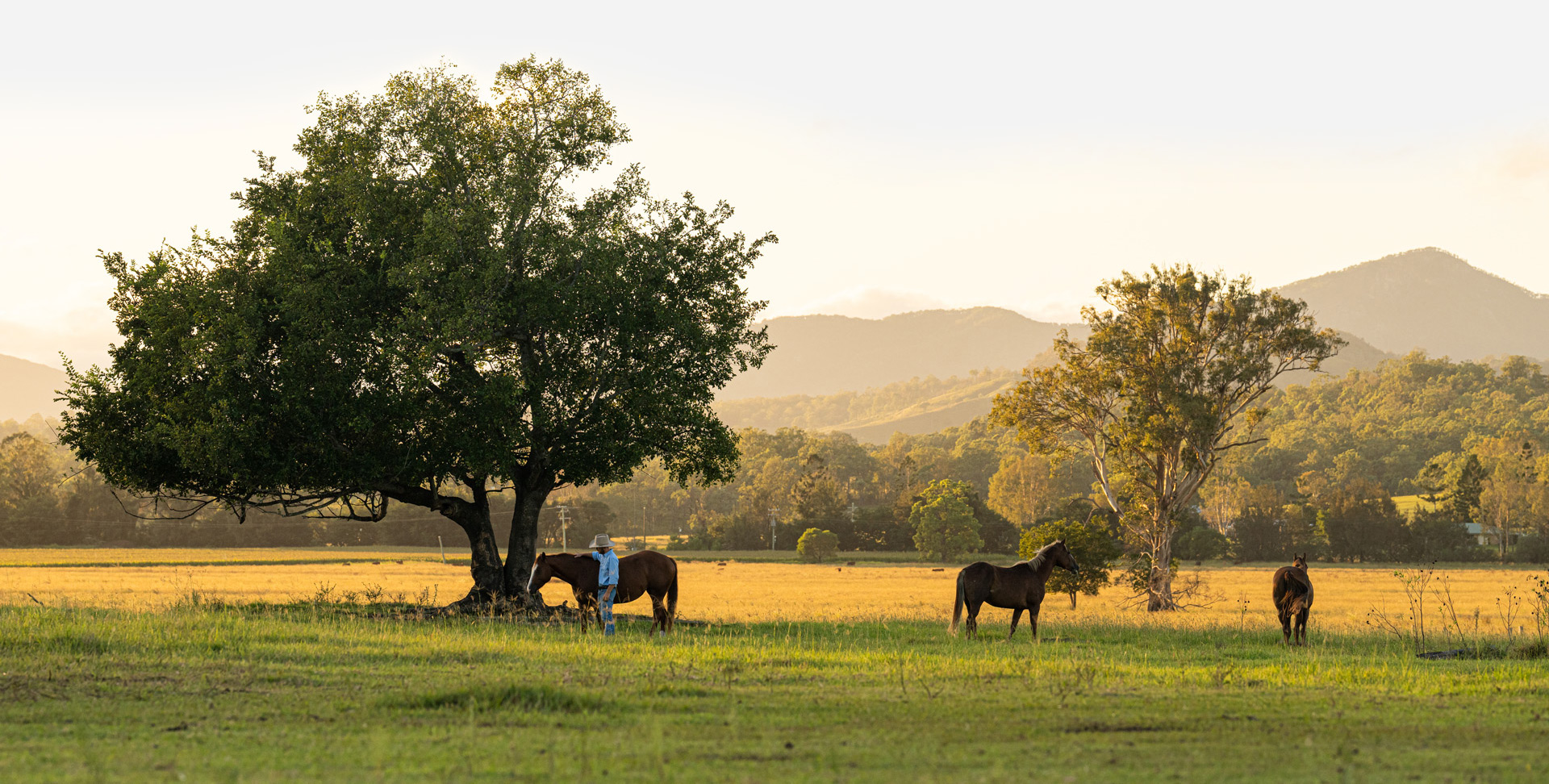Animal Ethics & Welfare:
Our Responsibility
Plasvacc’s directors and employees are wholly committed to ensuring the health and welfare of our donor animals. Plasvacc adheres to a strict set of health standards throughout the entire plasma collection process and the welfare of our donors is never compromised.

As a USDA-licensed commercial producer of blood plasma for veterinary use, our facilities, donors, and products are subject to rigorous quality checks, in addition to our own commitment to the health and well-being of our donors.
Equine donors live in a quarantined, USDA-licensed facility on our property on California’s Central Coast. Their care is overseen by a licensed veterinarian, our own veterinary assistant, and Plasvacc’s Pheresing technicians. The physical well-being and care of our equine donors are of the utmost importance to us, which is why our animals are closely monitored through annual physical inspections and regular donor reports, which Plasvacc’s veterinary surgeons submit.
All members of our donor herd are attended to 7 days a week, 365 days a year. Our technicians perform daily checks to ensure that the donors are healthy and have frequent interaction with our staff. Equine technicians are trained in animal husbandry and welfare, obedience training, and basic veterinary monitoring and treatment.
Our equine donor herd is comprised of retired horses given a second chance at life by Plasvacc. These horses are typically 12-16 years of age when they join us. Qualification to enter the herd is earned after strict antibody screening and disease testing.
As part of our dedication to animal welfare, we know that mental welfare is vital to the health and well-being of all our donor animals. Because of this, we aim to emulate natural environments for our donors to live and thrive in. Equine donors are housed in large, irrigated pastures and socialize in herds of similarly behaved horses. Here, there is plenty of room to run, play and buck around the pasture if they so choose.




